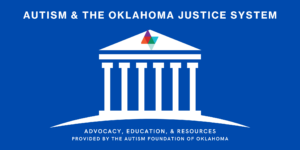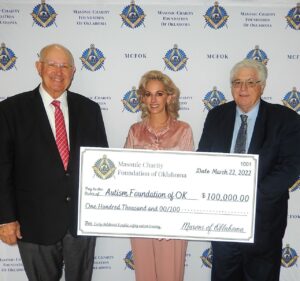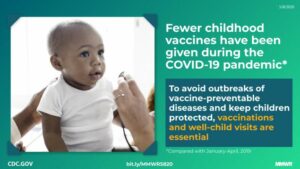
The Paradoxes of High Autistic Unemployment Series⎯Part 1
There seems to be a paradox with Autistic unemployment because it should not be as big a problem in reality. According to the Merriam-Webster dictionary, a paradox is a statement that seems contradictory but contains hidden truth (Merriam-Webster, 2022). Indeed, there are supposed safeguards in place to ensure that Autistic individuals are not discriminated against yet still face it. Autism Unemployment was approximately 85% in 2021, and research shows that Autistic individuals face higher unemployment rates and social isolation than other disabilities (Palumbo, 2021). The discrimination can largely be found unconsciously, which makes it more difficult to identify and prove its existence. However, there are several barriers that Autistic people face when interviewing for a job that affects both the interviewer and interviewee. In this post, I will offer some reasons why there is such a high unemployment rate for Autistic individuals and offer my personal reflections.
To better grasp this paradox, it is important to recognize its origin and the flaws in its implementation. Notably, Autistic individuals qualify to be included as a protected class under the classification of physical or mental disability and are therefore protected from employment discrimination (Longley, 2022). Important to note is that disability is not meant to be a negative connotation but a means of identification for legal purposes to offer services and protections. Indeed, the Merriam-Webster dictionary defines a disability as a condition that impacts or limits a person’s ability to perform tasks or engage in activities (Merriam-Webster, 2022). With this in mind, Autism does affect or limit a person’s ability to engage in activities or perform tasks, namely interviewing. The reason is that Autism primarily impacts social skills, communication, and self-regulation, which can bring adverse reactions in an interview setting where the expectation is, unfortunately social.
Speaking of interviews, recruiters are not exempted from criticism because they also possess barriers that can make it more difficult to hire Autistic individuals. Namely, there are two hiring biases that recruiters can encounter: the horn effect and similarity attraction bias. First, the horn effect occurs when a recruiter makes a judgment about a candidate over a negative characteristic that clouds their assessment of them (Alexandra, 2020). In other words, a recruiter can unfairly assess an Autistic person’s ability to perform the job over “negative characteristics” they spot in an interview. Second, the similarity attraction bias occurs when a recruiter favors a candidate that appears to be similar to them and others in characteristics (Alexandra, 2020). In other words, the recruiter could discount an Autistic individual for a job because they do not meet the “prerequisite social conditions” that other candidates can meet. With this said, both types of hiring bias could be impeding Autistic individuals because they do not appear to be the “idealized candidate” and are discarded. However, notice that none of these “reasons” for discarding Autistic individuals have anything to do with them having the ability to perform the job and thus is unconscious discrimination.
Overall, I have personally encountered and seen other recruiters succumb to these types of hiring biases, and the worst part is that there are more biases that further impede progress towards inclusion. For example, I recall fellow recruiters mentioning more about a candidate’s personal and social characteristics rather than their ability to help the company grow and thrive. As a result, these subjective measurements are not helping the company onboard a diverse portfolio of candidates when they recruit others like them or those who “fit in”. Therefore, it is essential to be aware of the types of hiring biases and ensure that they are not being deployed unconsciously, and remember that the purpose of inclusion is not conformity.
Brandon Orozco is the AFO Workforce Development Project Assistant and holds a BS degree in Psychology with a dual minor in Philosophy and Business Management. Brandon is currently pursuing an MS in Human Resource Management from Claremont Graduate University and was the founder and President of the Professionals in Human Resources Association (PIHRA) student chapter. Brandon is an Autistic self-advocate and has previous experience being a Talent Acquisition Team Lead for a rising tech startup and enjoys sharing his lived experiences and perspectives.
Sources
Alexandra (2021). 13 Common Hiring Biases To Watch Out For. https://harver.com/blog/hiring-biases/
Longely, R (2022). What Is a Protected Class? https://www.thoughtco.com/what-is-protected-class-4583111#:~:text=The%20Equal%20Employment%20Opportunity%20Commission%20%28EEOC%29%20is%20assigned,discriminated%20against%20on%20the%20basis%20of%20that%20trait.
Merrium-Webster (2022). Definition of disability. https://www.merriam-webster.com/dictionary/disability
Merrium-Webster (2022). Definition of Paradox. https://www.merriam-webster.com/dictionary/paradox
Palumbo, J. (2021). Why Autism Speaks is encouraging companies to hire those on the Autistic Spectrum. https://www.forbes.com/sites/



